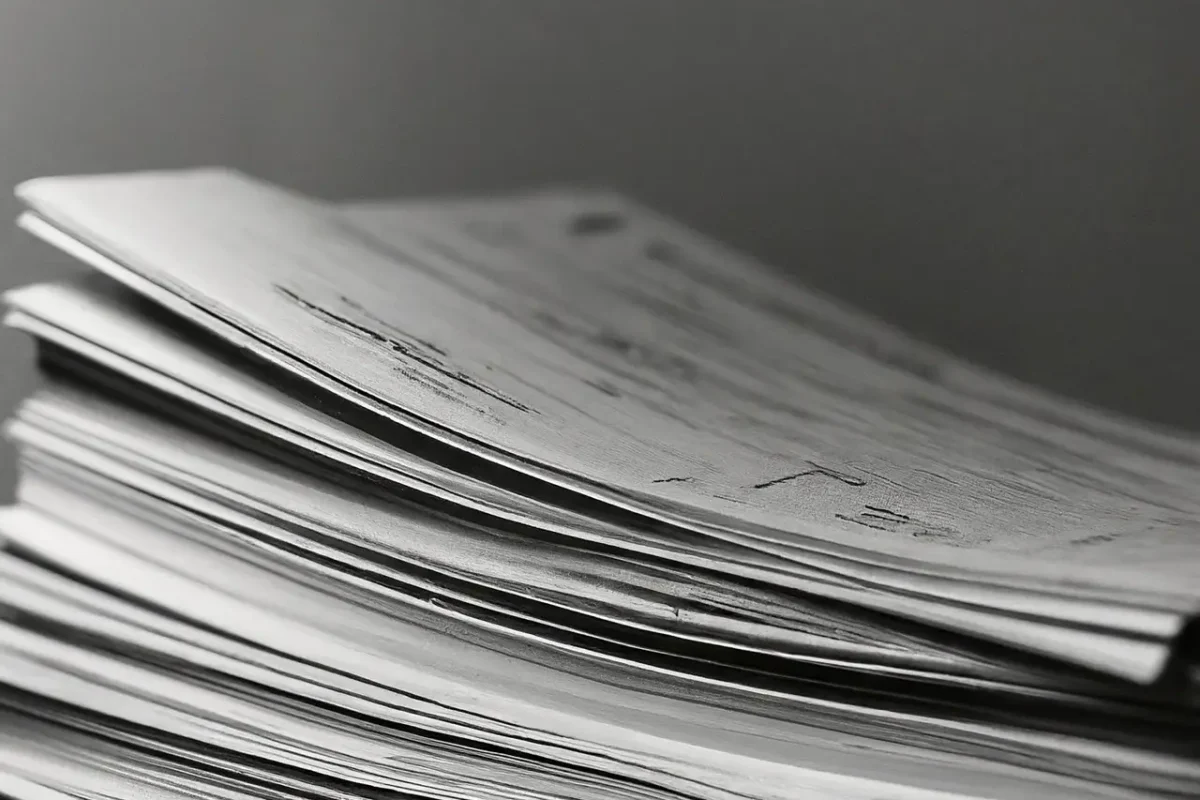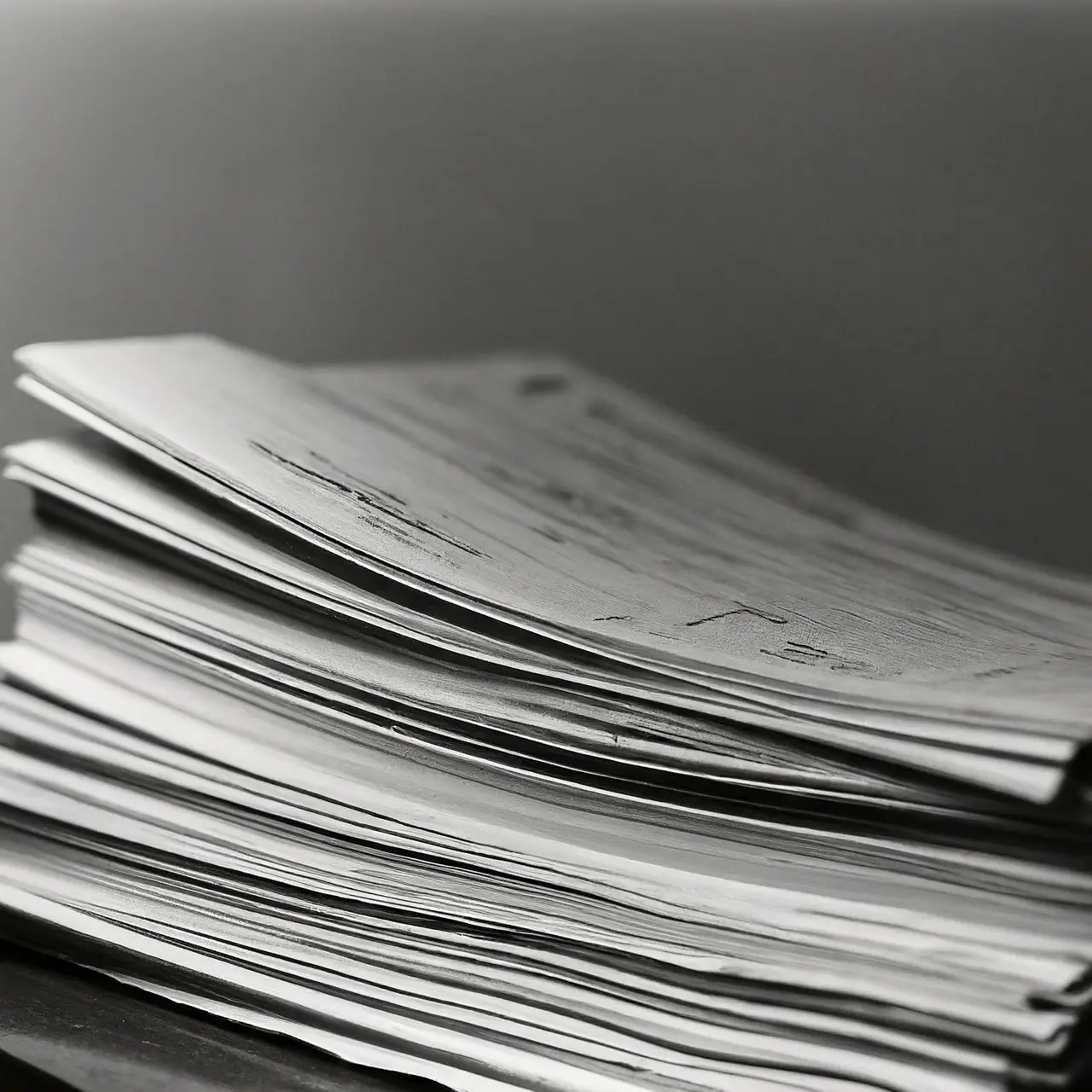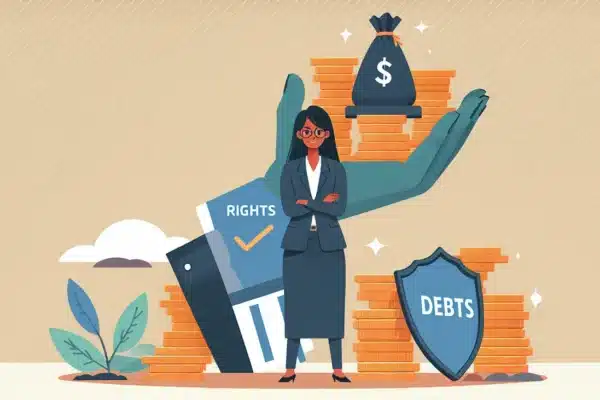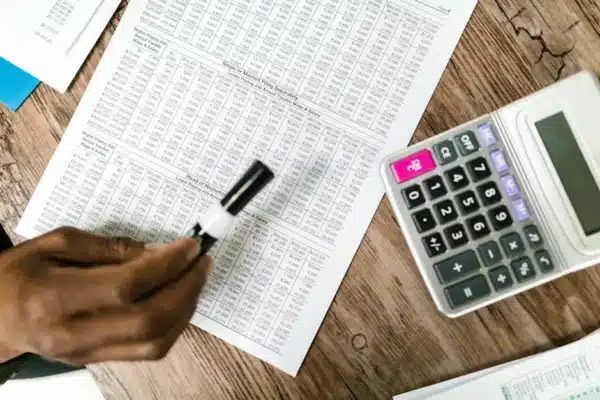Improving your commercial debt collection success rate isn’t just about persistence; it’s about strategy. With the right approach, you can enhance your efforts, build better relationships with your clients, and ensure a healthier cash flow for your business. Whether you’re just starting out or looking to refine your current processes, these tips are designed to help you navigate the complexities of commercial debt collection with ease and professionalism.
1. Understanding the Basics of Commercial Debt Collection
The foundation of effective commercial debt collection lies in understanding the basics. It’s essential to know the legal landscape, which varies from country to country and even between states or regions. Begin by acquainting yourself with the laws and regulations that pertain to commercial debt collection in your area. This knowledge not only ensures compliance but also empowers you to act confidently when collecting debts.
2. Know Your Debtor
A key aspect of improving your commercial debt collection efforts lies in knowing your debtor. Take time to understand the financial situation of the businesses you’re dealing with. This can involve analyzing their cash flow, understanding their business model, and even taking a closer look at their payment history. By knowing who you’re dealing with, you can tailor your approach to fit the specific circumstances, increasing the odds of a successful collection.
3. Effective Communication Strategies
Effective communication is at the heart of successful commercial debt collection. Start by establishing clear, open lines of communication with your debtor. This means being upfront about the debt and listening to their side of the story. Often, debtors are more willing to cooperate when they feel heard and understood. Drafting concise yet comprehensive letters, making strategic phone calls, and even choosing the right time to reach out can significantly impact your collection rate.
4. Leverage Technology
In today’s digital age, leveraging technology can give you a significant edge in commercial debt collection. Use software to track outstanding debts, set reminders for follow-ups, and even automate certain communication tasks. Cloud-based tools allow you to access debtor information and status updates in real-time, enabling a more organized and strategic approach to debt collection.
5. Understanding Legal Compliance
Navigating the legalities of commercial debt collection can be a minefield, but it’s a crucial aspect of improving your success rate. Familiarize yourself with laws such as the Fair Debt Collection Practices Act (FDCPA) and seek legal counsel to understand how these regulations apply to commercial collections. Staying within legal boundaries not only protects your business but also builds trust with your clients.
6. Prioritize Your Collection Efforts
Not all debts are created equal, and recognizing this can improve your collection rates significantly. Prioritize your efforts based on factors such as the size of the debt, the age of the account, and the debtor’s payment history. Focusing on high-value or high-risk accounts first can help you manage your resources more effectively and increase the likelihood of successful collections.
7. Offer Payment Solutions
Sometimes, a debtor’s inability to pay isn’t a matter of unwillingness but rather a result of financial difficulty. In such cases, offering flexible payment solutions can pave the way for successful debt recovery. Suggest installment plans, discounts for early payments, or even partial debt forgiveness as incentives. Tailoring payment options to the debtor’s capabilities can help secure repayment and maintain a positive relationship.
8. Use a Human Approach
While it’s essential to maintain professionalism, adopting a human approach to debt collection can lead to better outcomes. Remember that behind every business are people facing their own challenges. Approach your debtors with empathy, understanding, and respect. A little compassion can go a long way in opening up dialogue and finding mutually beneficial solutions to debt repayment.
9. Hiring the Right Collection Agency
If internal efforts to collect a debt fail, it may be time to consider hiring a professional collection agency. Do your homework to find an agency with experience in commercial debt collection and a reputation for ethical practices. Discuss your business’s values and expectations upfront to ensure the agency’s methods align with your brand. A good collection agency can not only recover debts more efficiently but also help preserve your relationships with clients.
10. Continuously Monitor and Adapt
The world of business is ever-evolving, and so are the best practices in commercial debt collection. Regularly review your collection strategies and adapt them based on what’s working and what’s not. Staying adaptable means you can quickly respond to market changes, new legal requirements, or shifts in consumer behavior, keeping your collection efforts effective and up to date.
11. Document Everything
Meticulous documentation is not just about organization; it’s a critical part of protecting your business during the debt collection process. Keep detailed records of all communications, agreements, and transactions related to each debt. This documentation can be invaluable in case of disputes, legal action, or simply as a reference for future collections. It also helps in analyzing patterns and improving your collection strategies over time.
12. Focus on Building Relationships
Building and maintaining positive relationships with your clients—even those who owe you money—is essential. A strong relationship can make the difference between a client who dodges your calls and one who makes an effort to repay what they owe. Keep communications courteous and professional, and show that you value your ongoing business relationship beyond the outstanding debt.
13. Train Your Team Regularly
Ensure that everyone involved in your debt collection process is properly trained and up-to-date with the latest practices, laws, and technologies. Ongoing training sessions can refresh their skills, educate them on new legal requirements, and encourage a consistent approach to debt collection across your team. Well-informed employees are more effective and can represent your business professionally at all times.
14. Stay Positive and Patient
Debt collection can be a challenging and sometimes disheartening task. Maintaining a positive attitude and exercising patience with slow-paying clients can make a significant difference. Patience shows your clients that you’re willing to work with them, which can encourage them to settle their debts. Staying optimistic can also help you and your team manage the stresses of debt collection more effectively.
15. Review and Improve Your Strategy
Lastly, always be open to reviewing and improving your debt collection strategy. Consider regular audits of your processes to identify inefficiencies or areas for improvement. Solicit feedback from your team and even from clients on how the collection process felt from their end. Continuous improvement will help you stay ahead of the curve, ensuring higher success rates and better client relationships in the long run.







